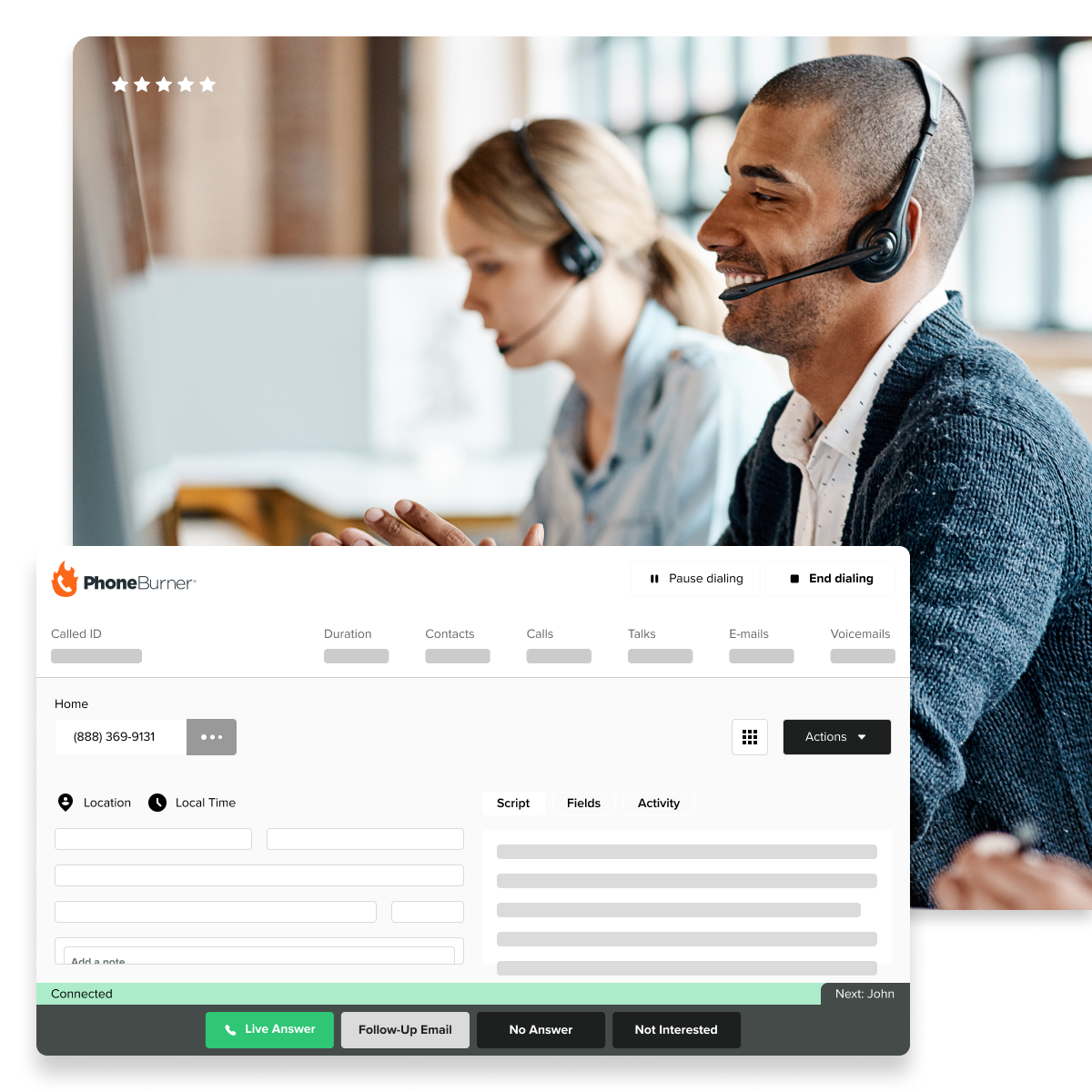



















An auto dialer or automatic dialer system is a kind of cloud based calling software that automatically dials through lists of numbers until a call is answered. At that time, the software either transfers the call to an available agent, or plays a pre-recorded message. Under the TCPA, an auto dialer or automatic dialing system has the capacity to use a random or sequential number generator to produce or store numbers.
Typically, an auto dialer is a multi-line dialer capable of calling several numbers at a time. After the automated dialer software determines that a call is answered, it will transfer the call to a live agent if one is available. If no agent is available, the call is dropped. When a call is transferred to an agent the contact record appears on the screen so they can then initiate the conversation.
In order to perform its function, an autodialer must determine whether a real person has answered. Only then can it transfer the call to an available agent. Consequently, there is a delay between the “hello” and when an agent is on the line and able to respond.
Every software is different but most auto dialers are cloud-based. Contact data is stored in the system so contacts can be selected and dialed. Agents can sign in and accept calls as they are answered according to custom rules. When being used as a robo dialer, no agent is needed and stored recordings can simply be played as contacts answer.
Automatic dialing systems are subject to increased regulatory scrutiny. Violating the TSR and/or TCPA standards can carry hefty fines and risks litigation from unhappy consumers, including but not limited to increased risk of fines resulting from dropped/abandoned calls. Additionally, auto dialer software is notorious for beginning calls with a pause or beep that is not only off-putting but can negatively impact the results of your call campaigns. Increased number blocks and short duration calls can negatively impact number reputation and increase risk of spam and scam flags. The risks and quality issues associated with traditional autodialers have prompted many sales professionals to pursue a safer, and more effective solution.
If your goal is productive live conversations, PhoneBurner's power dialer is an ideal alternative. Unlike automatic dialers, power dialers do not have the awkward “telemarketer's delay” that results in increased hangups, number blocks, and lower quality conversations. A host of Trust & Safety features protect your business and pave the way for higher answer rates, and safer, more effective communications.